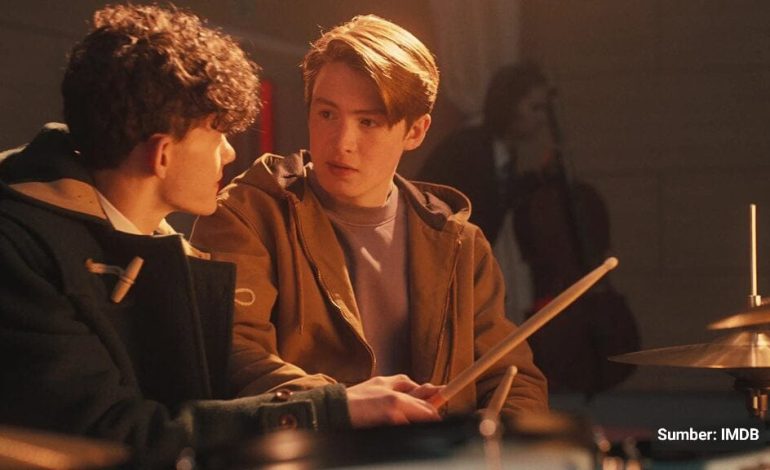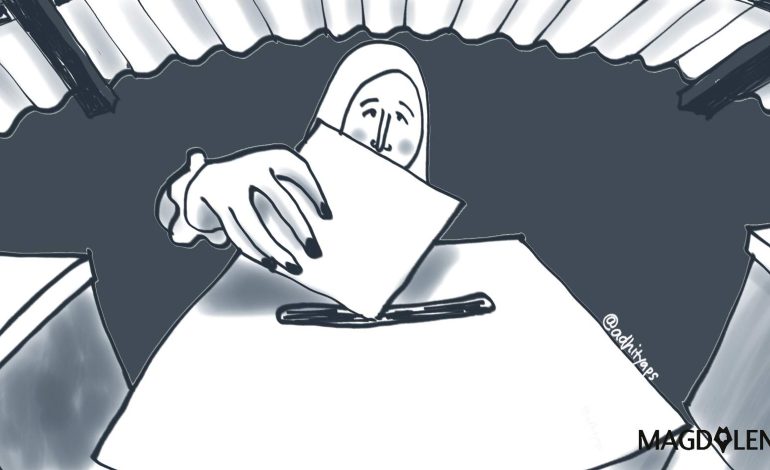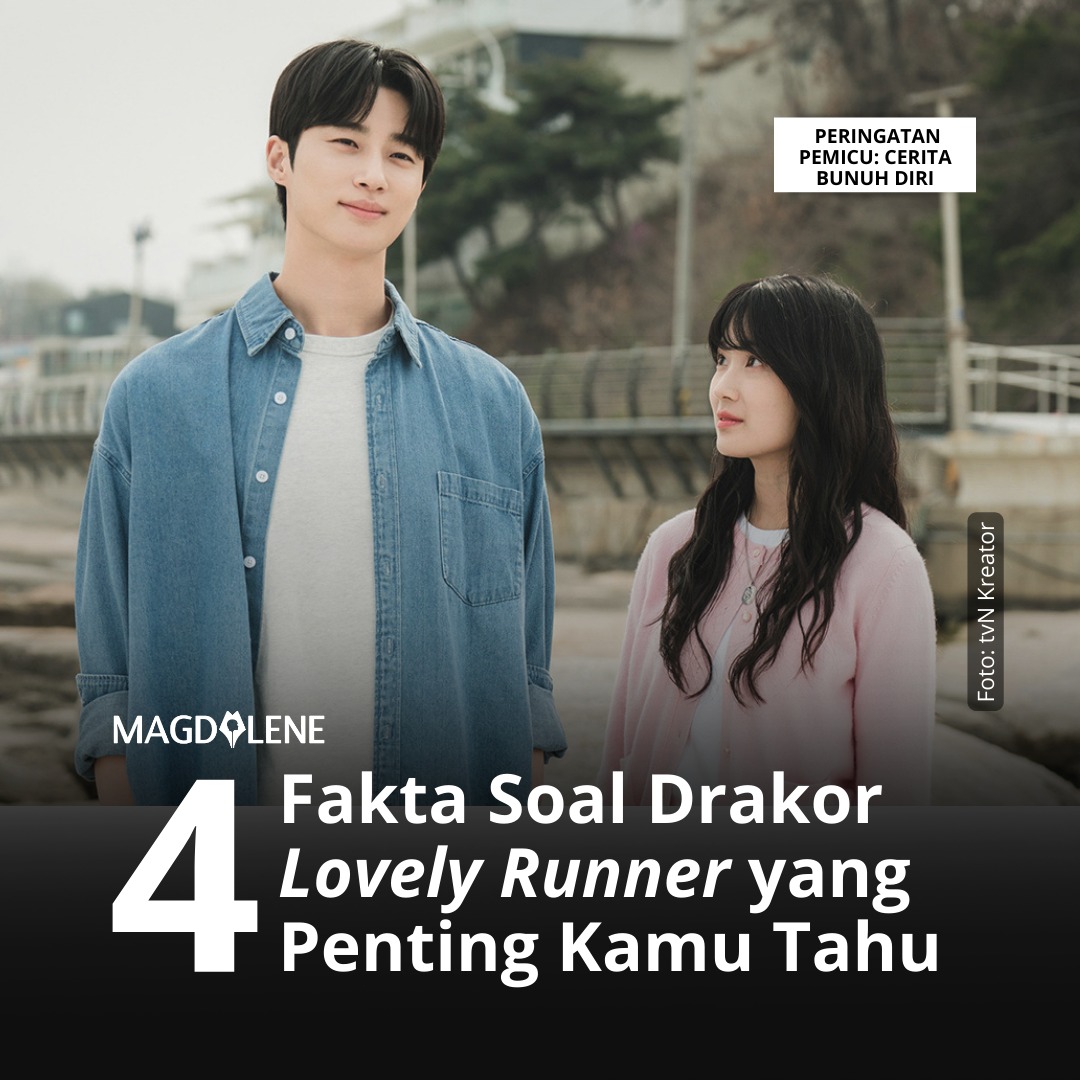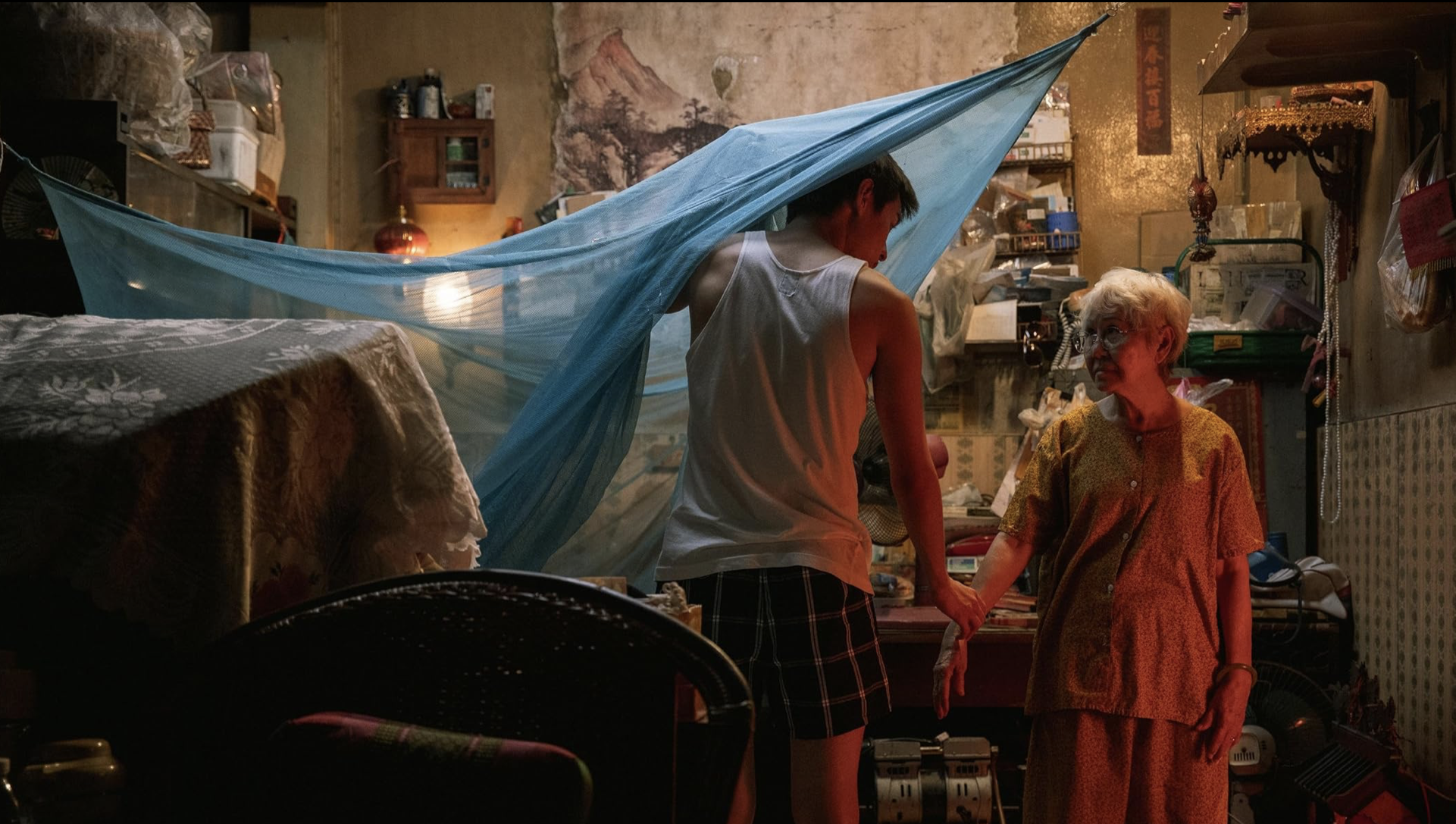Barbie and The Constant Shifts of Womanhood
Watching Barbie reminds me of the tumultous journey in finding what it means to be a woman.
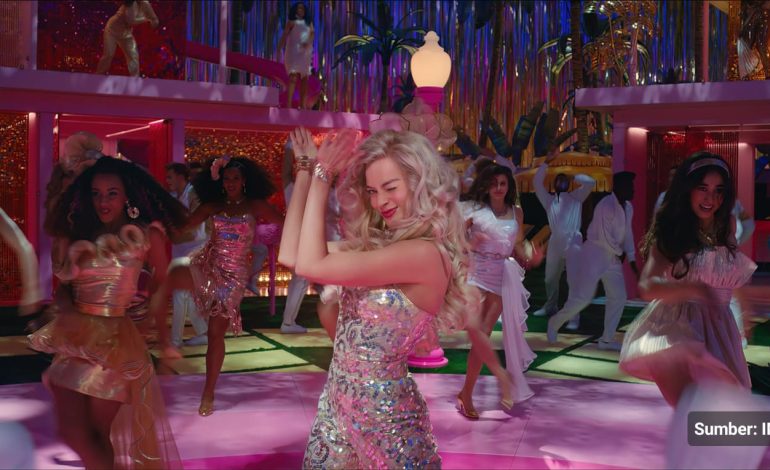
As exposed I was to all the memes before finally watching it, I hadn’t expected to go on such a fun yet intense whirlwind of thoughts and emotions throughout Gerwig’s exploration of the tumultuous journey in finding what it means to be a woman in Barbie.
At first, we’re shown how Barbie was once a breakthrough. The kids destroying baby dolls scene marks the end of motherhood as women’s ultimate aspiration, followed by the emergence of adult-bodied Barbie marking the beginning of empowered “working women” narrative. There is a shift in what little girls should aspire to be, from nurturing mothers to President Barbie, Dr. Barbie, Writer Barbie, Physicist Barbie, Lawyer Barbie, or any sorts of career-oriented Barbies.
But then the story departs from the sort of Barbie with no professional specialty to one that questions the very thing that Barbie stands for: perfection.
From the moment she opens her eyes to the night she spent partying with her girlfriends, Barbie leads a happy-go-lucky life, until one day she thinks about death.
Though I don’t think questioning death is the right bridging tool to connect Barbie as a doll to the sense of humanness, I can actually vouch for all of the chaotic mess that comes after.
We’re all aware how Barbie dolls contribute to little girls’ distorted sense of self-image and insecurities. And so, the film made Barbie go through an existential crisis questioning her sense of self, having cellulitis, and the direst of it all: flat feet—which is a brilliant way to symbolize the shift in her state of mind, getting her inflated confidence smashed. We’re witnessing the naive, confident, self-assured Barbie spirals down as she gets off her toxic positivity and slowly into her “Depressed Barbie” era. It was both entertaining and disheartening all at the same time for me personally.
Many women can relate with the chaotic journey they find themselves in after they have finally decided to step out of the box society has kept them in. Like, when we eventually start questioning whether motherhood is for us, whether we’re less of a woman without our ability to bear children, whether we should always have some grandeur dreams and convictions to try to change the world the big way—whether or not our lives serve a certain purpose after all. This constant limbo of trying to figure everything out is definitely something we all can relate to.
And, inevitably, in the middle of all the internal turmoil, we also often have to deal with distress coming from the outside world.
When Barbie gets back from the human world, she finds Ken turning the matriarchal Barbieland into a patriarchal one. In her attempt to take the power back, the Barbies are conspiring to pit Kens against Kens to distract all the Kens from revamping the constitution. And how can that not remind me of so many things from our national history!
Women are often pit against women whenever there’s an opportunity to exercise power in an ideological battle. On the rise of totalitarian New Order era for instance, empowered, educated, politically and socially progressive women were seen as a threat, and thus the narrative of sinful, immoral Gerwani was used to shut women out and was replaced with the idealization of motherhood and domestic women, Dharma Wanita. Post New Order, we also witnessed how Inul Daratista was made to be the ideological combat zone between liberalism and Islamic conservatism. And my personal favorite “women against women” of it all is the journey towards the finalization of Elimination of Sexual Violence bill, especially the part with all political dramas featuring the “all-loving” mothers of AILA.
Also read: The Movie ‘Barbie’ Has Put The Phrase ‘Toxic Femininity’ Back in the News, Here’s What It Means
It’s fucked up for women to have choose between two extreme dichotomies. If you’re not part of the graceful, motherly Dharma Wanita then you’re automatically rebellious Gerwani. If you’re not one of the pious souls it means you’re supporting a sex symbol. And, if you’re supporting anti-violence bill it means you’re not an innocent virgin, you have broken hymens, and support free sex.
So, what’s Barbie’s take on how women should be in the midst of all their internal and external battles?
First, time for an awakening. When the Barbies in Barbieland are submitting to the patriarchy, the one way to wake them up is by reminding them of their power. Of course, it’s easier done in the Barbie film than in real life.
When we’re talking about making women aware of all the systemic cultural, socio-political power that work against them, we’re talking about giving ALL women in the world a wake-up-call. In an ideal world, all women make their independent choices. In a deeply patriarchal world, most women don’t realize they can choose or are allowed to choose or know that there are actually choices.
Okay, but fine whatever, once that’s done, what’s the next step?
Find yourself, find your sense of purpose, find your happiness.
Again, it’s doable if we’re talking from the very privileged point of view of a Barbie girl who can roam the world freely without economic constraints or societal controls. Meanwhile, real life women are busy making ends meet, dealing with family issues, and trying their very best to detach their sense of self-worth from their real-life Kens or their malnourished female idols (or is it just me?).
Anyways, at some point, we know how it feels to be Barbie who one day realizes she has outgrown who she was, and still in search of her new self—and I personally think that’s how womanhood should be understood: With all the systemic limitations and constraints, the very definition of womanhood is always transforming and always shifting.
All in all, it was a good show. I went to watch it alone and I was laughing and crying and laughing and crying then at some point I caught eyes with two women my age sitting two empty seats away from me. As I wiped my tears and they wiped theirs, we exchanged a quick glance that kinda said, “Yeah girl, I get it. We’re in this together.” And it was precious. So, I guess, thank you Greta for Barbie!

